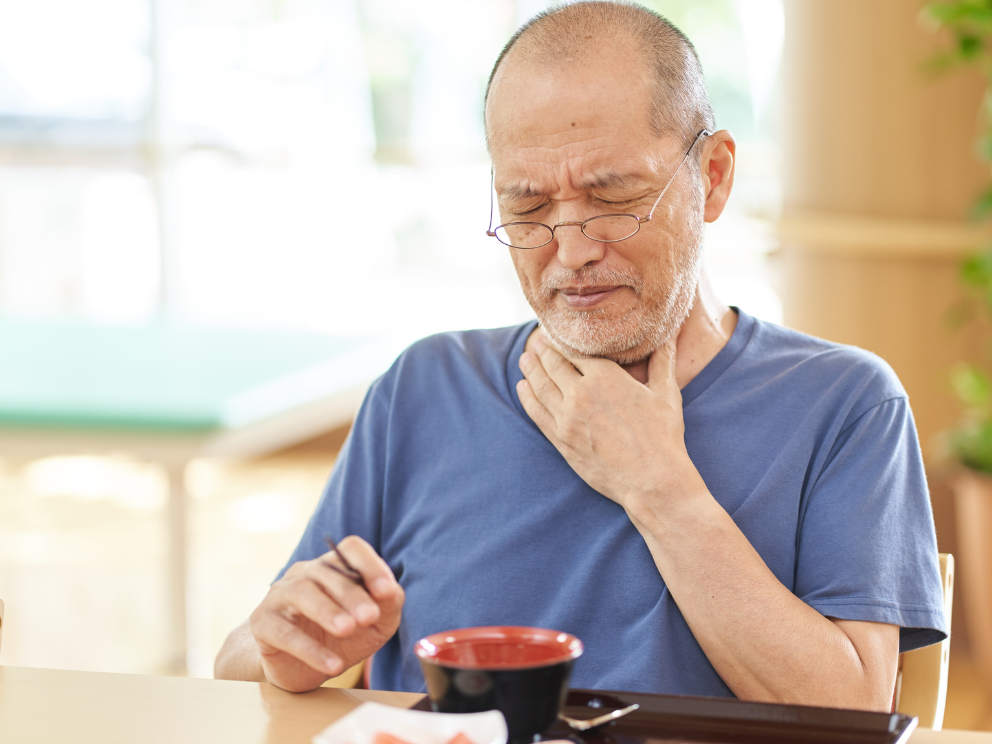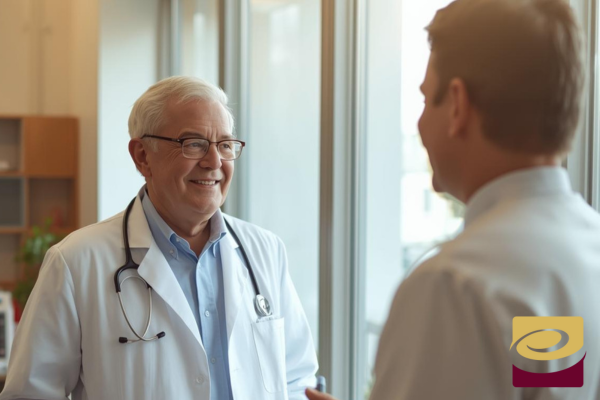

Colonoscopy: Is it really that bad?
Colonoscopy: Is It Really That Bad?
Just hearing the word colonoscopy can make people squirm. Maybe you’ve heard horror stories about the prep. Maybe it sounds too invasive, too awkward, or just… too much. But the truth is that colonoscopies save lives, and they’re not as scary as you think.
A colonoscopy can be used as a diagnostic test for symptoms, but also for screening (without symptoms). A colonoscopy allows doctors to view the inside of your colon (large intestine) using a flexible camera. Screening colonoscopy is used to find and remove precancerous polyps before they turn to cancer and can even detect early-stage colorectal cancer when it’s still highly treatable.
Colon cancer is the second leading cause of cancer deaths in the United States for both men and women. About 1 in 24 people will develop colon cancer in their lifetime and most people with colon cancer have no symptoms until it’s more advanced. But when caught early with colonoscopy, 9 out of 10 patients live five years or more.
People avoid colonoscopy because they have heard stories about the prep. It’s not as bad as you may think. You’ll drink a liquid that cleans out your colon to begin preparing for the colonoscopy. You’ll need to stick close to the bathroom for several hours the day before your procedure. There are multiple prep options now and your provider will help find the right option for you.
During the procedure you are sedated and restful. A colonoscopy typically takes 30–60 minutes and the only thing you might remember is waking up a bit groggy and asking for a snack. You’ll need someone to drive you home, and you might feel a little sleepy for the rest of the day. Some people feel gassy or bloated, but symptoms usually pass quickly. By the next day, most patients feel “back to normal.”
Remember, prevention beats cancer treatment, every single time. Finding polyps (small growths) is common and a good thing during colonoscopy because removing them prevents them from turning into cancer. If something looks suspicious, it’s biopsied and tested.
Average-risk adults should start screening at age 45. If you remember life before the internet, you probably need to schedule. And, if you have a family history of colorectal cancer or polyps, you may need to start earlier. Just because digestive health or colonoscopy may be an awkward conversation doesn’t mean you shouldn’t have it. Especially if you’re experiencing symptoms (like rectal bleeding, persistent constipation or diarrhea, unexplained weight loss, or other stomach issues), talk to your doctor regardless of age. You can also self-refer to our GI clinic to talk to a GI provider. Call 605-342-3280 to schedule an appointment.
Ultimately the prep might be inconvenient. The idea might feel uncomfortable. But in the end, a colonoscopy is a small investment of time and effort for a potentially life saving procedure!